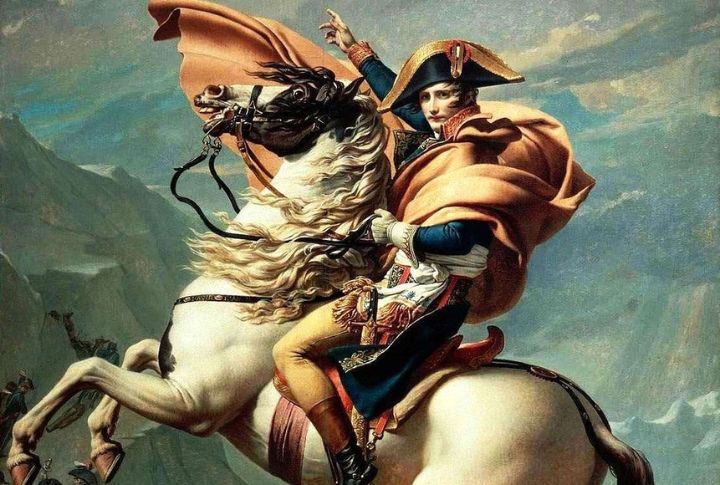
Power has a way of feeding ambition—but greed? Greed throws it a five-course meal, signs it up for dessert, and whispers sweet nothings like “just one more deal” or “no one will notice.” The result? A spectacular revelation that even the best PR team can’t polish. So, let’s take a look at ten powerful figures who learned the hard way that greed doesn’t come with a safety net.
King Midas
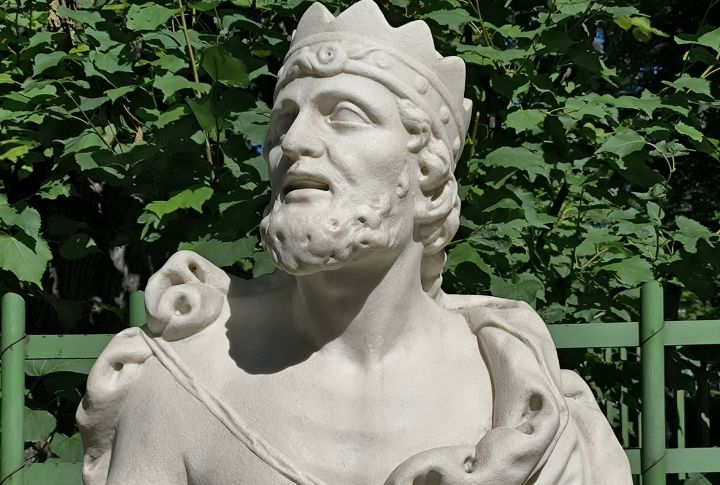
King Midas’ insatiable hunger for wealth cursed him with the golden touch—initially a gift but swiftly a burden. When he accidentally transformed his daughter into lifeless gold, his joy turned into horror. Later, his kingdom, unable to eat or thrive amid glittering abundance, plunged into famine.
Julius Caesar
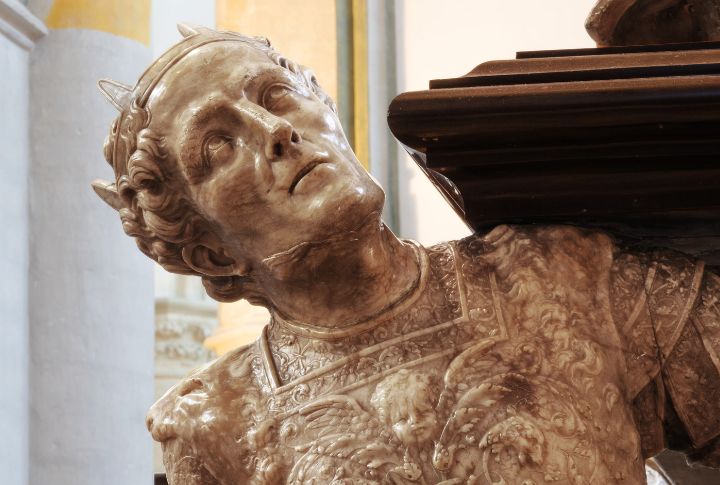
Driven by a thirst for unrivaled authority, Julius Caesar crowned himself dictator perpetuo, unsettling the delicate balance of Roman politics. His relentless grab for power alienated the Senate and ignited fear among allies turned foes. However, on the famous Ides of March 44 BCE, Brutus and fellow senators ended his reign by killing him.
Napoleon Bonaparte
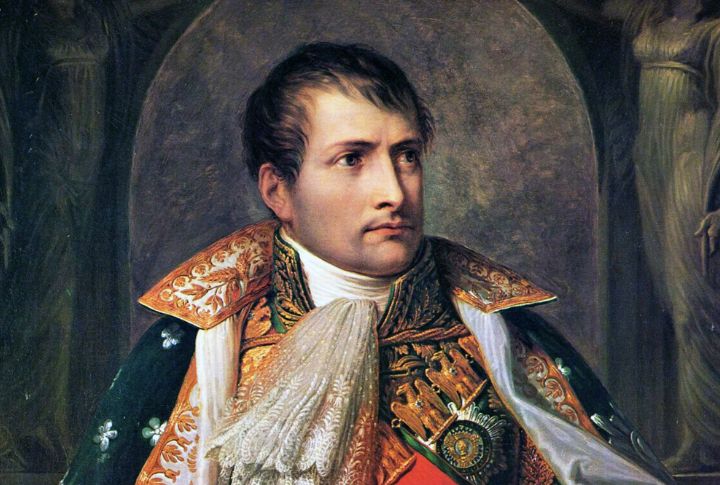
Napoleon Bonaparte’s relentless ambition to expand the French Empire resulted in a series of military campaigns that stretched across Europe. His decision to invade Russia in 1812, driven by a desire for greater territorial control, proved catastrophic. Following subsequent defeats, Napoleon was forced into exile on the island of Elba.
King Louis XVI
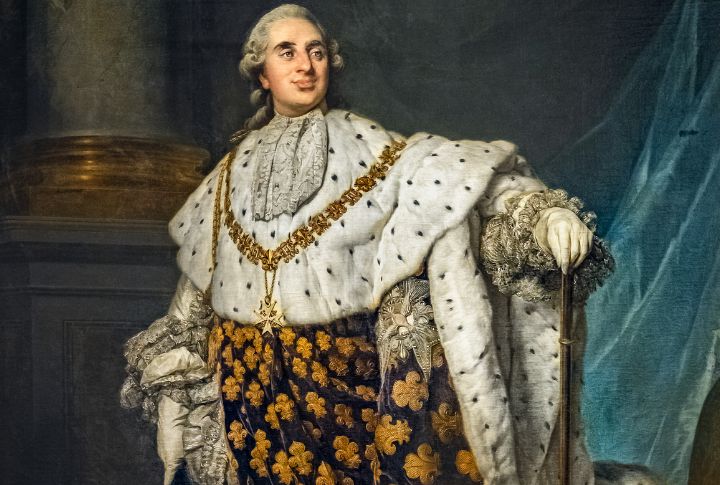
At the heart of France’s financial collapse stood King Louis XVI, whose unchecked royal expenditures deepened the nation’s fiscal crisis. While ordinary citizens faced starvation, he preserved the monarchy’s lavish lifestyle, fueling public outrage. Later, his refusal to enact reforms during escalating unrest triggered the French Revolution in 1789.
Richard Nixon
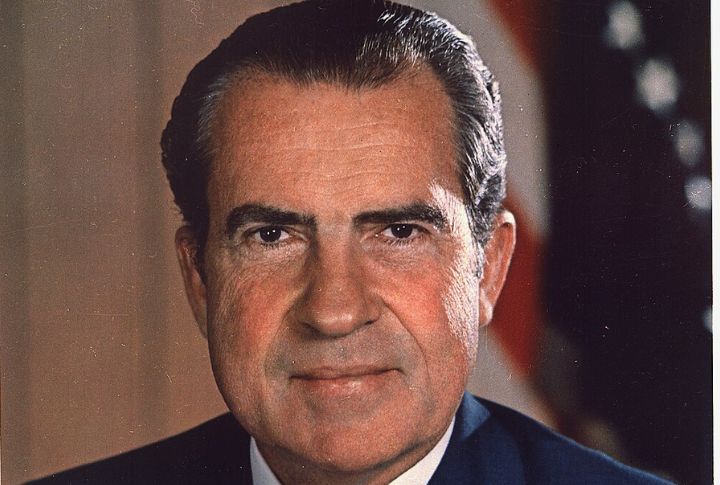
What began as a covert operation to gain political advantage unraveled into one of the biggest scandals in U.S. history. Richard Nixon’s involvement in the 1972 break-in at the Democratic National Committee headquarters set the stage for the Watergate crisis. In 1974, he chose resignation over removal, becoming the first American president to resign.
Bernie Madoff
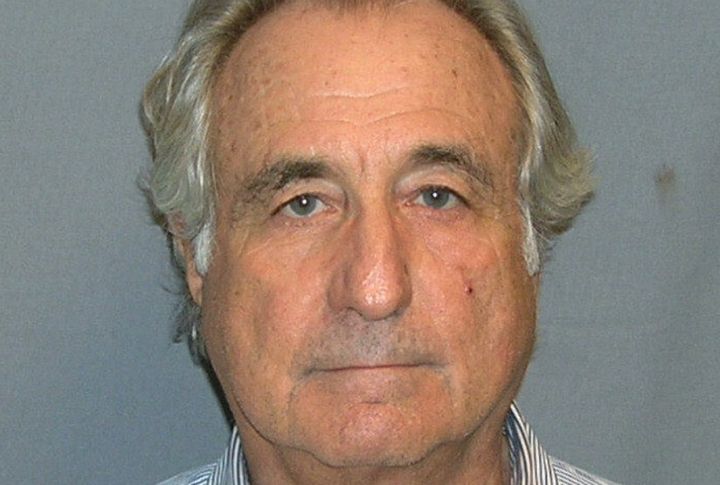
By leveraging his reputation as a trusted investment advisor, Bernie lured thousands of investors while using new funds to pay off earlier clients. This illusion of success masked the scheme’s collapse until 2009, as Madoff’s arrest exposed a $65 billion fraud that devastated individuals and high-profile figures like Steven Spielberg.
Caligula
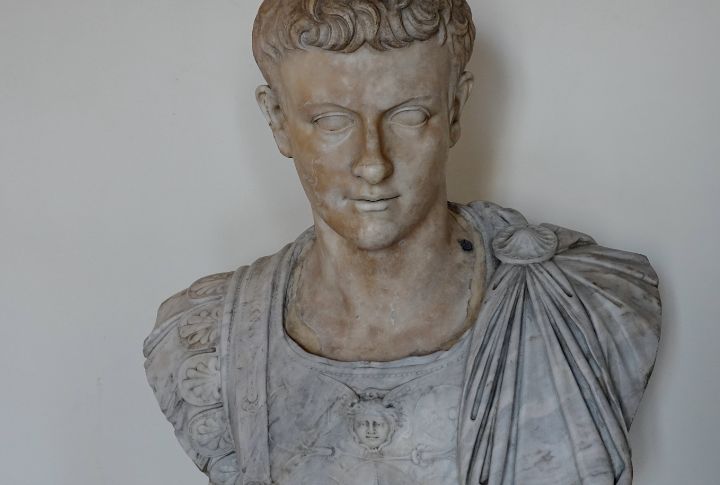
Declaring himself a living god, Caligula demanded worship and unquestioning loyalty, alienating the Roman elite and populace alike. His excessive spending on opulent temples, palaces, and personal indulgences depleted the state treasury, fueling unrest. Lastly, in 41 AD, his own guards turned against him, assassinating the emperor.
Howard Hughes
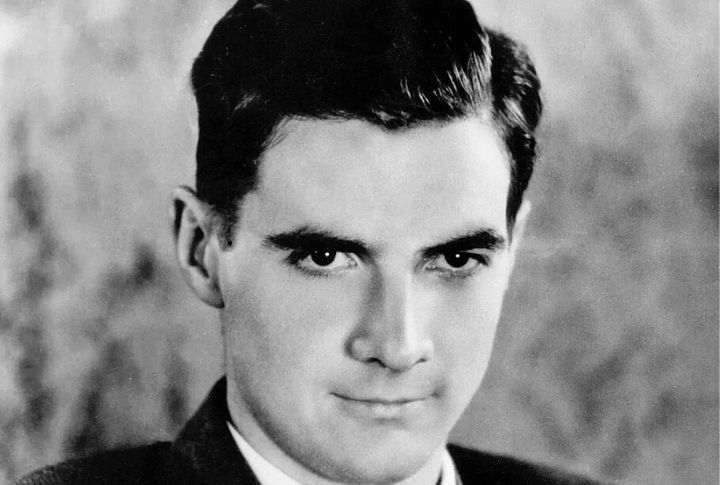
Howard Hughes, once a celebrated aviation pioneer and industrialist, became consumed by a relentless desire to maintain control over his empire. Driven by greed for absolute authority, Hughes withdrew from public life, and his paranoia intensified. In his final years, he lived in seclusion, plagued by declining health and mental instability, ultimately dying alone.
Leopold II Of Belgium
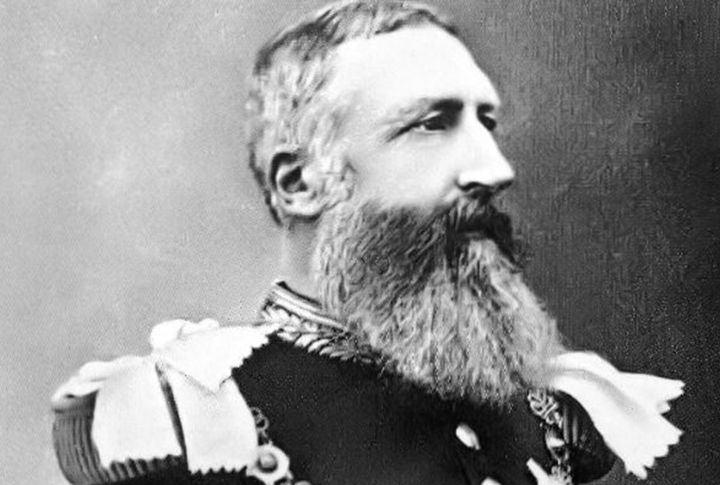
Under Leopold II’s rule, forced labor, violence, and systemic exploitation devastated the Congolese population. The international community eventually condemned the atrocities, prompting Belgium to take control of the colony in 1908. Although Leopold never faced legal consequences, his reign remains one of the most brutal examples of colonial exploitation.
Machiavelli
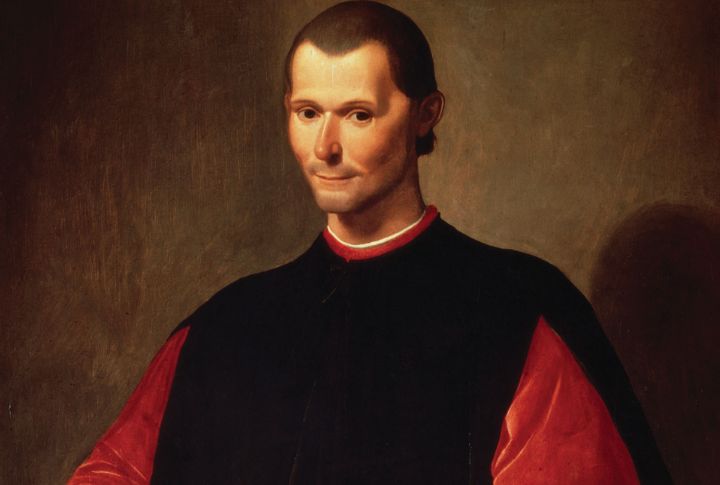
Known more for his ideas than his office, Machiavelli’s pursuit of political reinstatement shaped both his actions and his writings. Eager to regain favor with the ruling Medici family, he aligned himself with a failed conspiracy that led to his exile and damaged reputation. Stripped of power, Machiavelli authored “The Prince,” a guide to leadership rooted in realism and survival.

